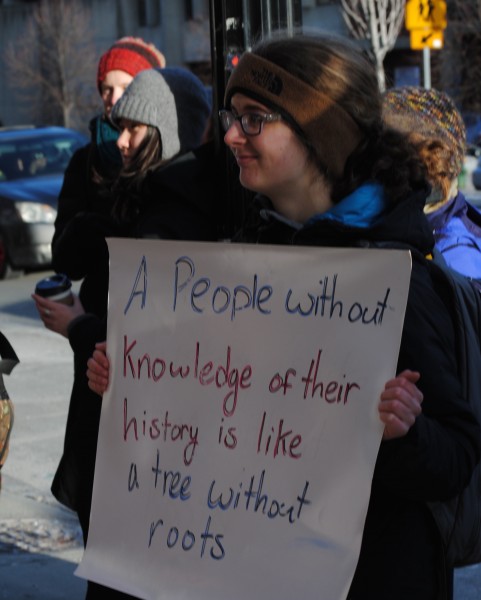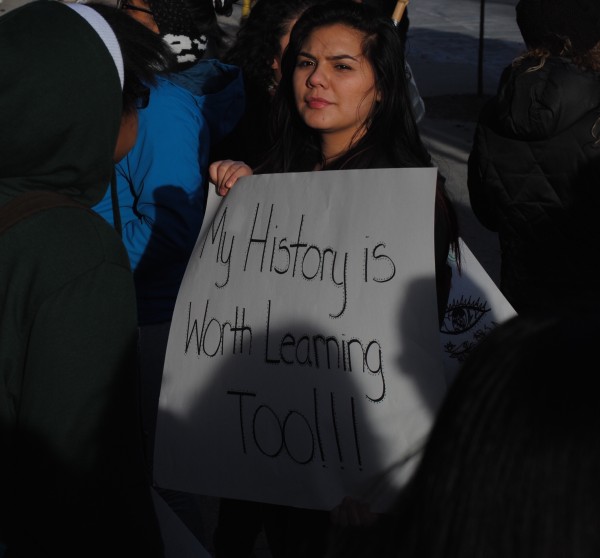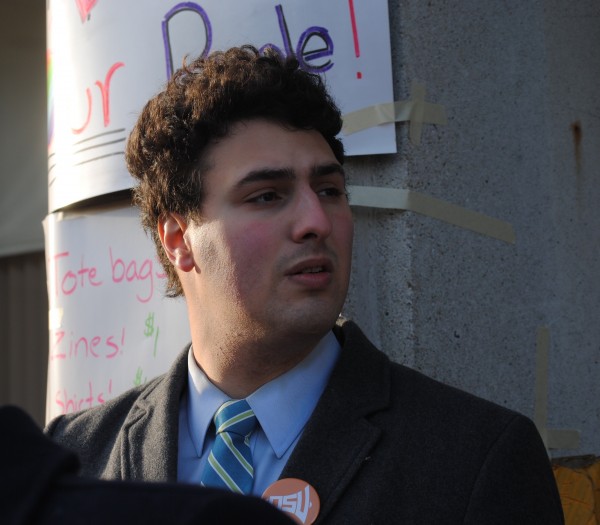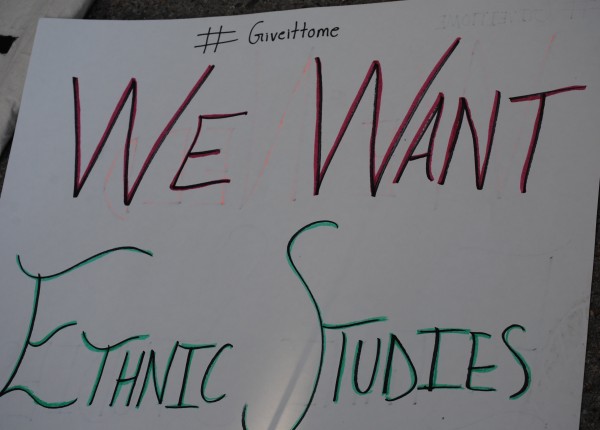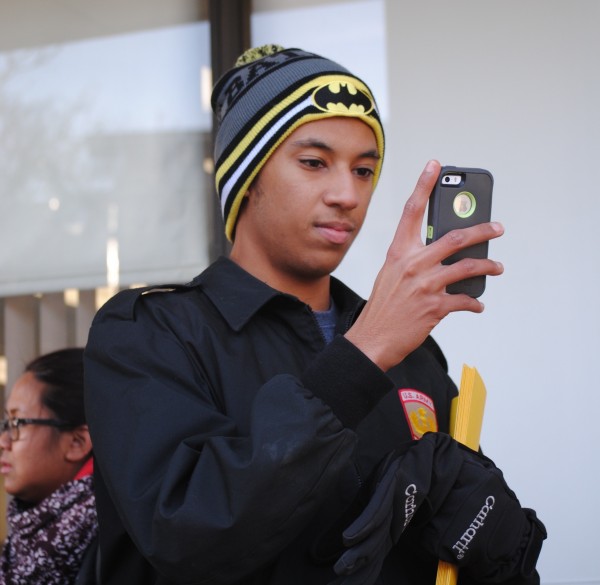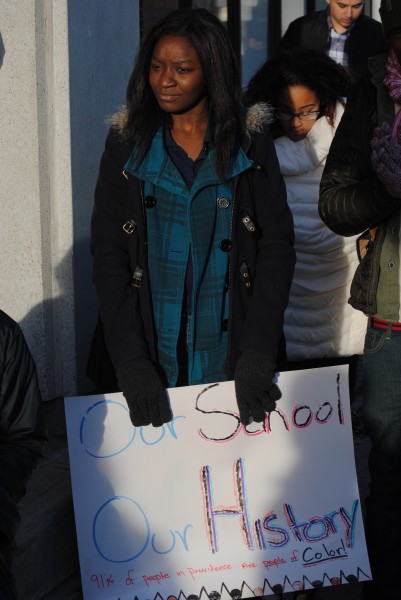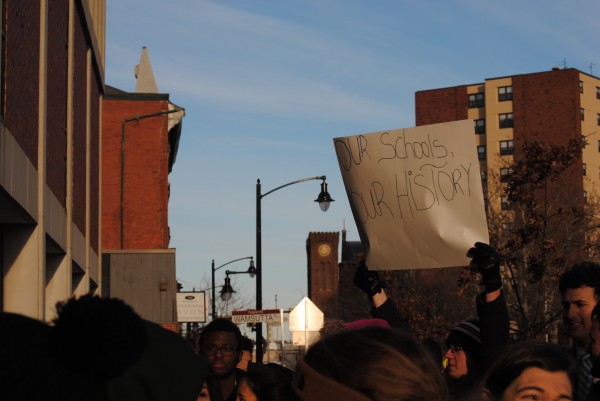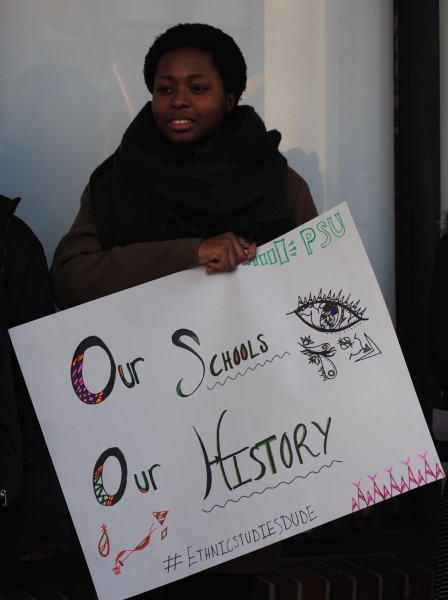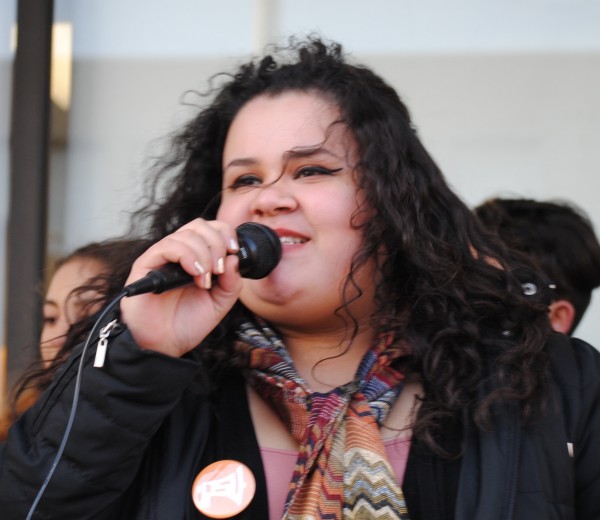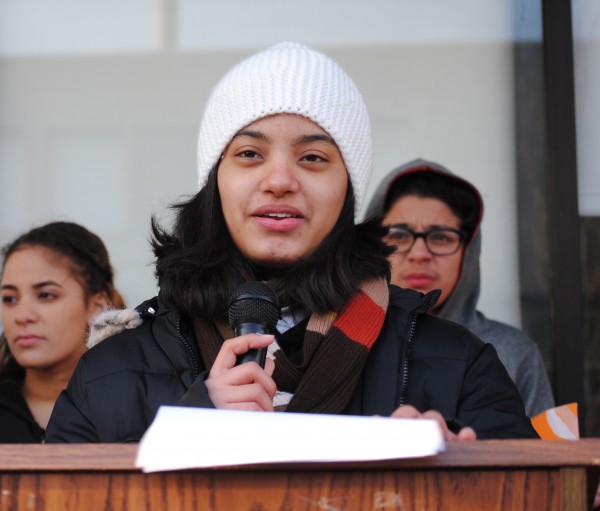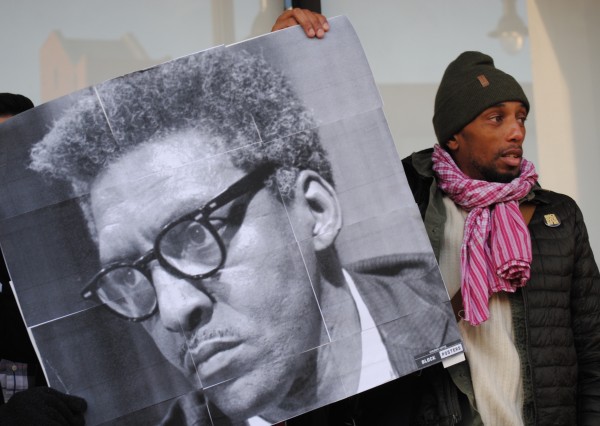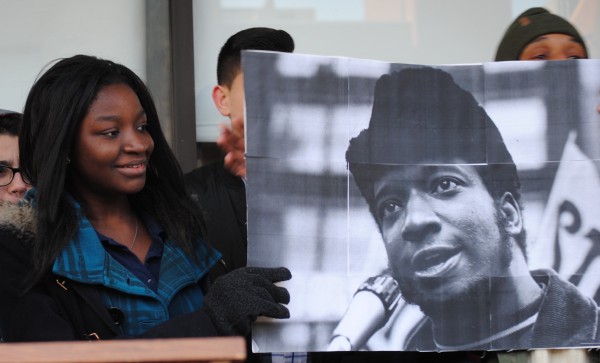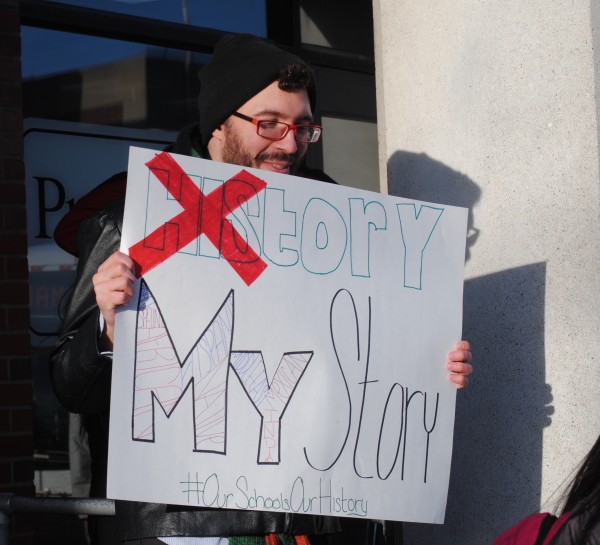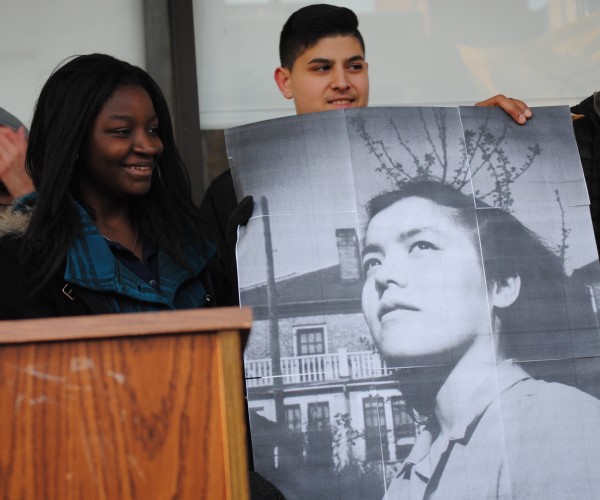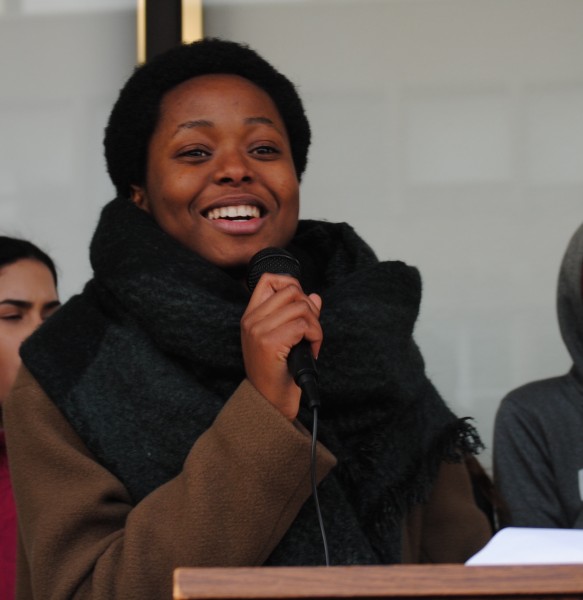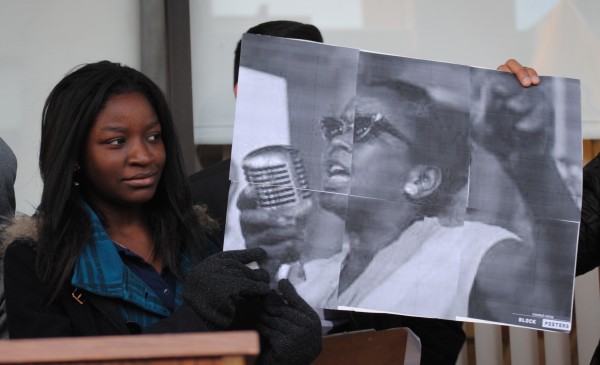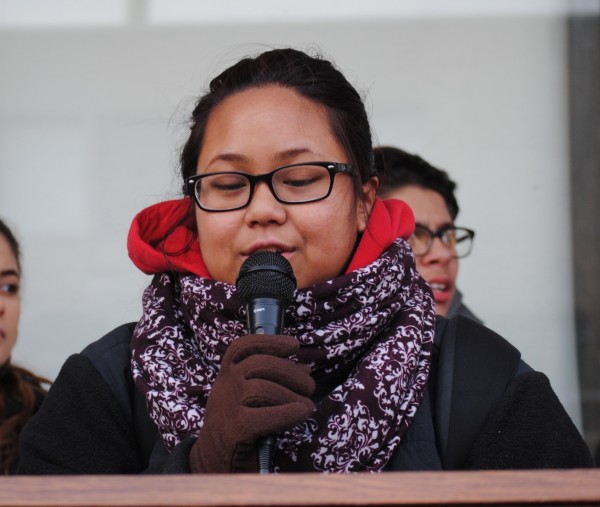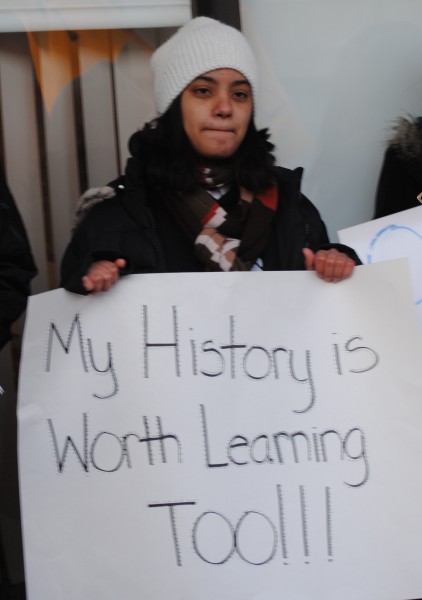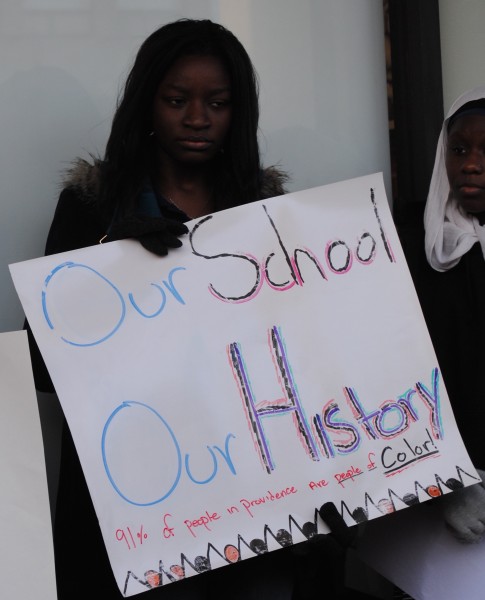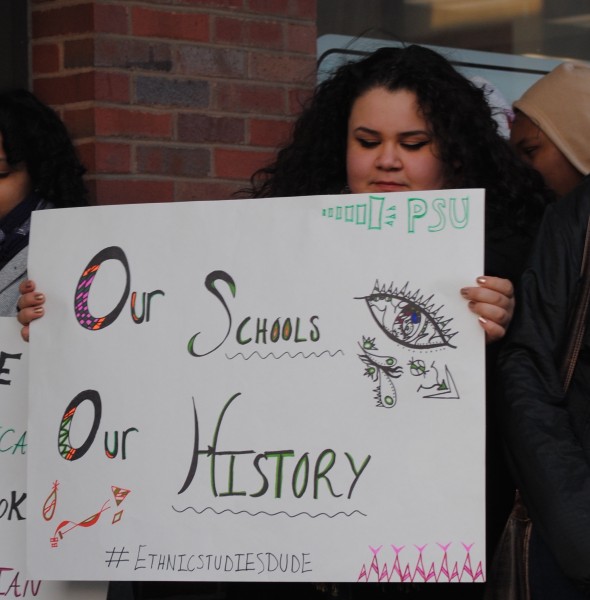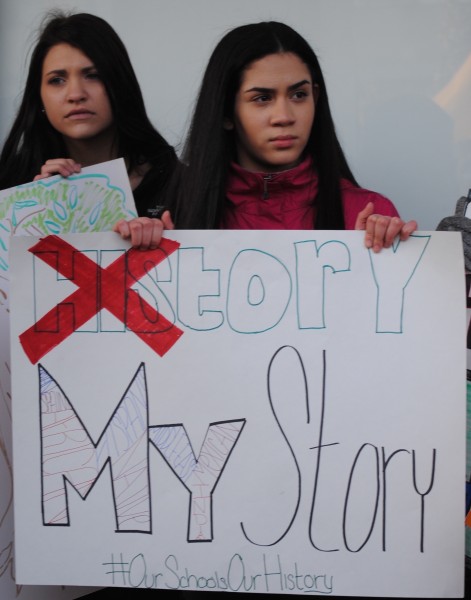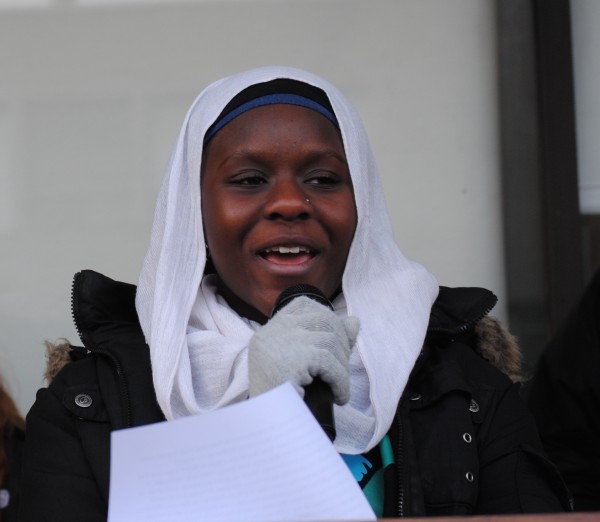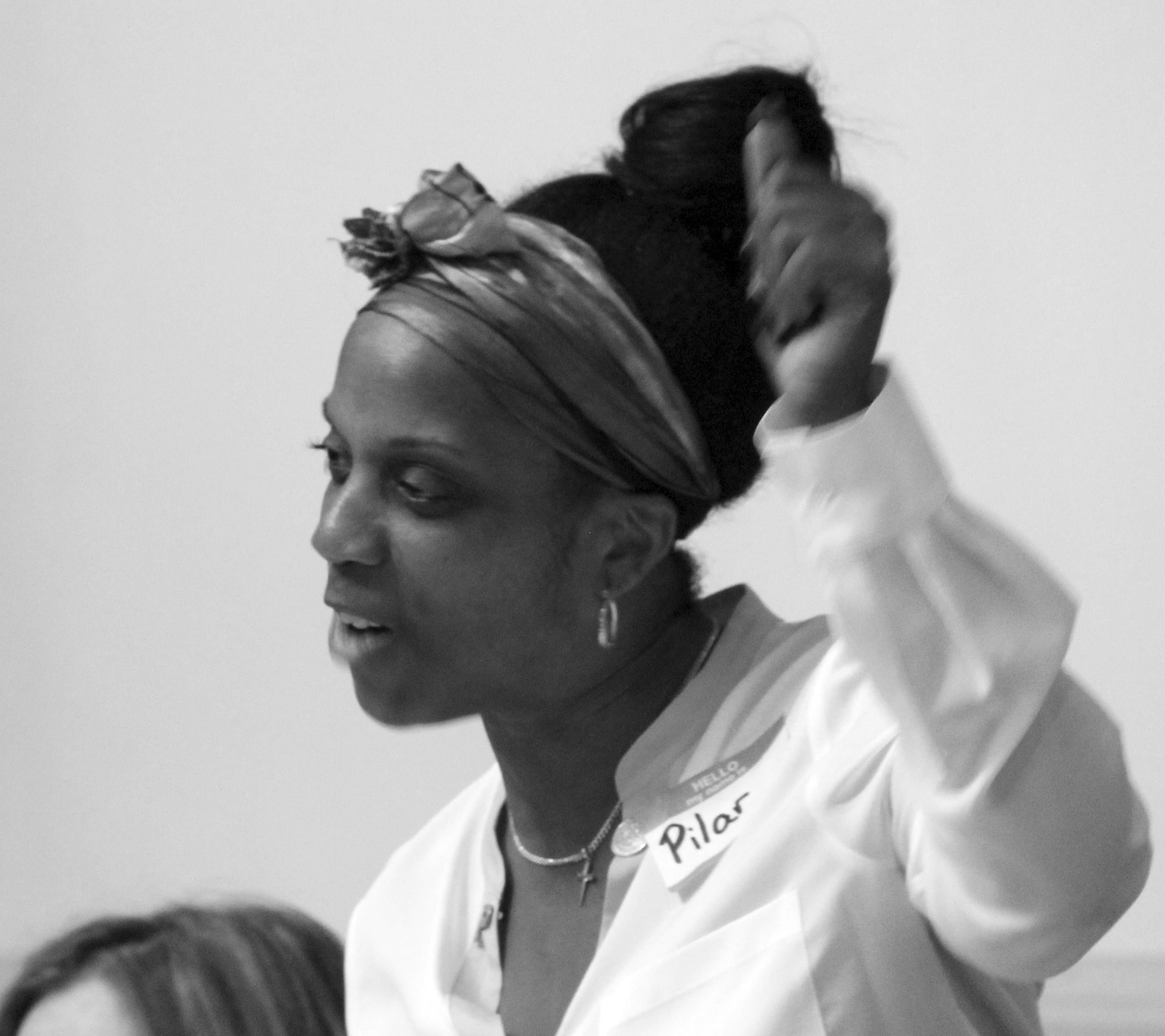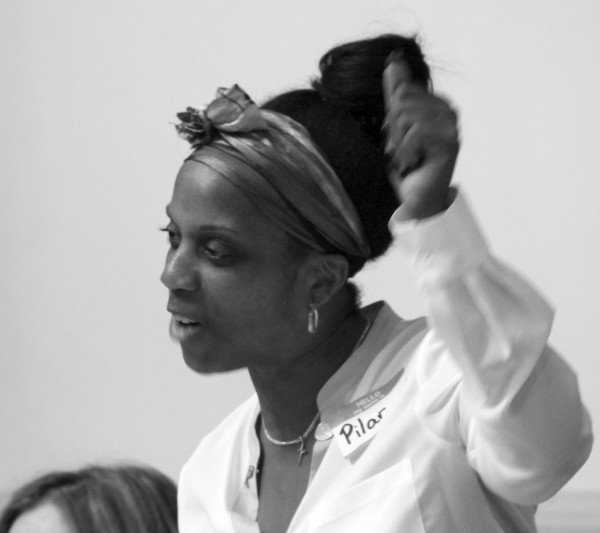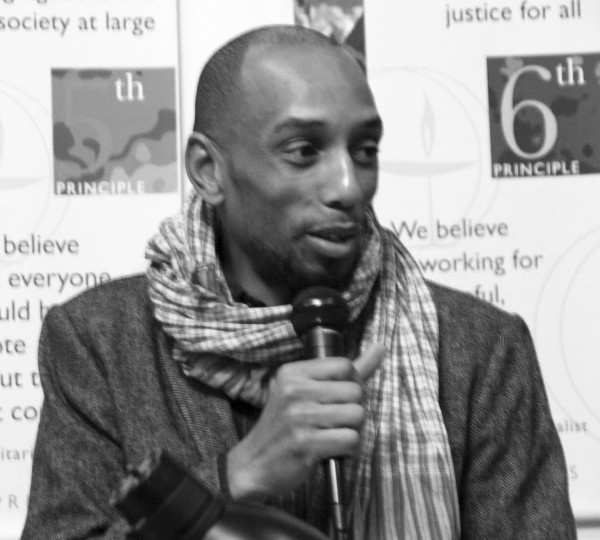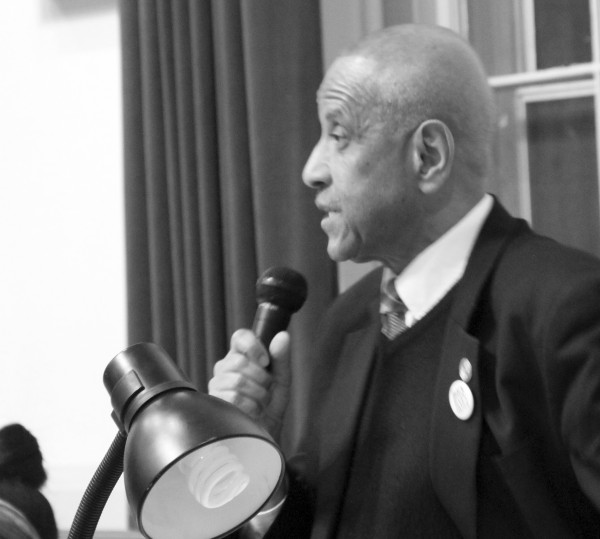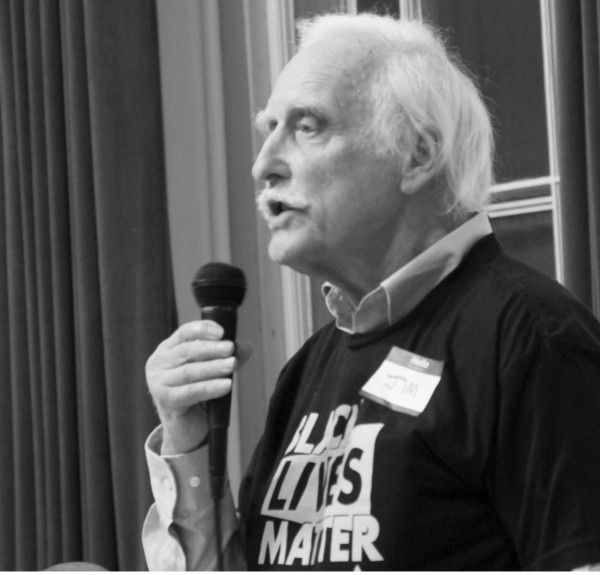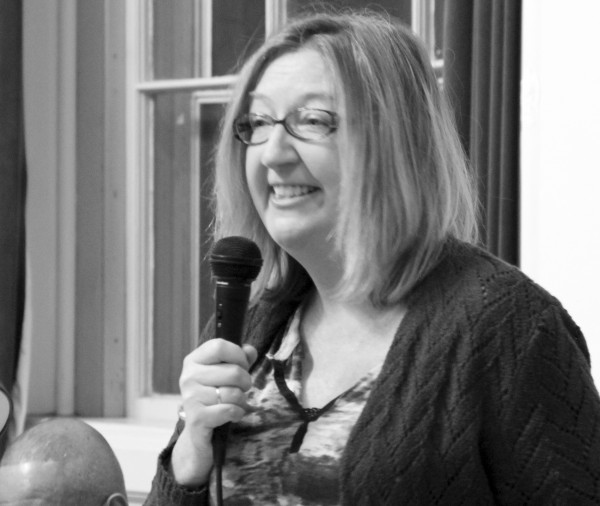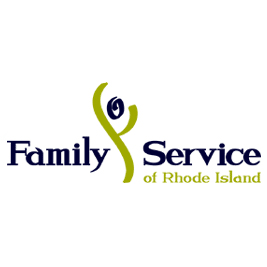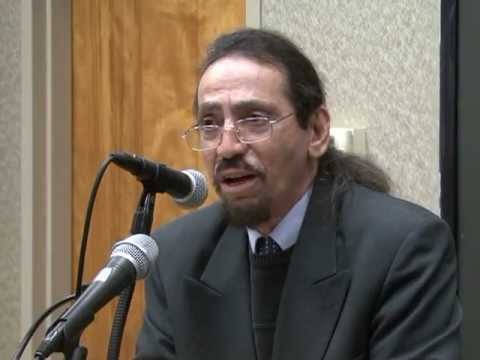[A version of this article was originally published by The College Hill Independent on February 12, 2016.]
 Several men huddled around a fire hydrant late on a recent winter night. They were workers with Providence Water, a state-regulated department of the City of Providence that provides the capital with its water supply. They were flushing the main, the large pipe that runs down the center of a street, by releasing a high velocity stream of water from the hydrant. Over time, minerals from the water build up on the walls of the pipe, tightening its aperture and reducing flow and water quality. According to the workers, these flushes have nothing to do with lead.1 Providence, the workers were quick to point out, has the second best water in the country.
Several men huddled around a fire hydrant late on a recent winter night. They were workers with Providence Water, a state-regulated department of the City of Providence that provides the capital with its water supply. They were flushing the main, the large pipe that runs down the center of a street, by releasing a high velocity stream of water from the hydrant. Over time, minerals from the water build up on the walls of the pipe, tightening its aperture and reducing flow and water quality. According to the workers, these flushes have nothing to do with lead.1 Providence, the workers were quick to point out, has the second best water in the country.
The claim that Providence has the second best water in the country used to appear on the homepage of Providence Water’s website, until it was removed sometime between October 16 and December 16, 2014. This despite the fact that in 2012, 2013, and 2014 the water consumers got from the tap exceeded the Environmental Protection Agency’s (EPA) lead action level, being the level of concern at which remedial measures are triggered under the Safe Drinking Water Act. Under the provisions of the Safe Drinking Water Act, the utility was required to distribute brochures notifying customers of elevated lead levels in all three years.
The most recent legally required notification of high lead levels was issued May 28 of last year. 2015 water quality data has not yet been released, but a spokesperson for Providence Water, Dyana Koelsch, told the Independent that “the latest testing shows that we do meet current regulations.” It is important to note, however, that meeting current regulations does not mean that the lead levels are below the EPA’s level of concern. For example, an excessively high lead level coupled with an informational brochure is fully in compliance with federal regulations without indicating that water lead levels are safe. As of the time of writing, water quality data had yet to be released.
But the tests that produce such data may be intentionally misleading. UK newspaper the Guardian recently exposed several US health departments for giving at-home water-testers instructions that would lead to systematically underreporting the amount of lead in tap water. The Rhode Island Department of Health allegedly instructed residents selected to participate in the testing to run their taps “until cold” before filling the sample bottles, a practice that reduces the amount of lead in the water and does not reflect the lead content of water that has been sitting in the pipes for several hours (like, for example, when you wake up in the morning).
Koelsch called the Guardian’s claim a “misunderstanding” and said that, while the utility would not go “tit-for-tat” with a newspaper, she conceded it would indirectly rebut the accusation by communicating “the truth.” Providence Water has not yet communicated a statement to the Independent, but has updated the section of their website dealing with lead at least three times between February 5 and 10. The old page, “Lead In Your Drinking Water,” has been replaced with “Reducing Lead Levels in Drinking Water,” and the link on the homepage now reads “Lead in Household Plumbing.” Providence Water has not placed dates on their statements. The most recent one (as of February 10) says, in part, “Our water meets or exceeds all Federal and State Safe Drinking Water Act Regulations.”
Despite lead being a highly regulated and tightly monitored neurotoxin, information about one’s personal risk from lead can be surprisingly difficult to get. Some Rhode Island buildings are certified as lead safe, but most aren’t. And some 80 percent of homes are thought to be older than 1978, the year lead paint was outlawed for home use, according to the Rhode Island Department of Health. Providence Water estimates that 20,000 homes in Providence are still serviced with lead pipes that run from the mainline in the center of the street to the sidewalk, where the homeowner’s piping begins. Federal law has required that Providence Water distribute brochures via mail informing residents of excessively high lead concentrations in the city overall, but doesn’t require that the utility distribute information detailing exactly where utility-owned lead service lines are used. Consequently, a system map is not available online. Customers may call the Lead Service Hotline or the Water Quality Hotline and inquire about a specific address, but it’s easy to imagine that many Providence residents do not know that they should be doing this. And information about pipe material isn’t widespread even among utility employees. None of the maintenance employees from that night knew what metal the service lines off the main they were flushing consisted of.And even if someone does know the material of the pipes, both in their service line and in their own plumbing, testing for lead in the water that comes out of the tap is done mostly by conscientious customers that are willing and able to pick up a lead testing kit and pay a $10 processing fee. Koelsch did say, however, “I’m sure if people can’t afford the $10 they’ll give [the test] to them.”
A recent report by the Environmental Justice League of Rhode Island shows that environmental toxins are predominantly concentrated in low-income and minority neighborhoods of Providence. This finding is supported by a 2010 study in the Maternal and Child Health Journal that demonstrates that lead poisoning is concentrated in Providence, Pawtucket, Central Falls, and Woonsocket, and in poorer and less white areas within each of those cities. In some suburban census blocks they found zero cases of lead poisoning between 1993 and 2005, compared to one urban census block where 48.6 percent of children were lead poisoned in that same time period.2 But local activists from organizations such as Childhood Lead Action Project and the Environmental Justice League of Rhode Island say the problem goes beyond the presence or absence of environmental health hazards in these neighborhoods. “We don’t live in a city and a state where everyone has the same power to act on the information that they may or may not have about lead hazards and other environmental hazards in their homes,” Laura Brion, Director of Community Organizing and Advocacy at the Childhood Lead Action Project, told the Independent.
Since federal and state legislation began targeting lead in the 1970s, the incidence of lead poisoning has steadily decreased in the United States, a fact that has lead some media outlets to call news coverage of the Flint, Michigan water crisis overdone. In the mid-1970s the Centers for Disease Control and Prevention (CDC) found that the average US child under the age of 5 had a blood lead level of 15 micrograms per deciliter. In context, the on-going crisis in Flint finds 4.9 percent of the city’s children with blood lead levels greater than or equal to 5 micrograms per deciliter, the amount of lead that the CDC defines as lead poisoning.
Rhode Island is one of the country’s worst states when it comes to lead poisoning. According to a 2010 study by Rebecca Renner published in Environmental Health Perspectives, the rate of children with elevated blood lead levels in Rhode Island is three times higher than the national average. Renner attributes this, among other things, to corrosive water that strips traces of metals from the pipes, to the fifth-oldest housing stock in the nation, and to the tens of thousands of Providence homes serviced with lead service lines.
“We also have issues, just like Flint, with lead pipes being used to bring our water to our homes,” Jesus Holguin, Youth Leadership Director at the Environmental Justice League of RI, told the Independent. “There are similarities between Providence and Flint when talking about our Industrial past and the way these industries have all closed down and moved away, leaving a legacy of pollution in our communities. The right to clean air, clean water, and safe places for kids to play is something that wealthy communities take for granted. Many low-income and minority communities don’t get parks, street lights, housing code enforcement, or safe drinking water.” Koelsch, for Providence Water’s part, says that the utility “take[s] concerns from all their customers seriously, no matter what neighborhood they live in.”
Renner believes that the Rhode Island Department of Health downplays the correlation between lead in drinking water and lead poisoning among children, arguing instead that other environmental sources of lead are the prime drivers of lead poisoning. “When we see elevated blood levels, the typical sources are either paint, dust, or soil,” Joseph Wendelken of the Rhode Island Department of Health told the Independent when asked about Renner’s position. (For the record, Laura Brion agrees that paint, dust, and soil are more often the culprits behind elevated blood levels, but worries that the current flawed testing protocol means that we don’t really know what the scope of the lead-in-water problem is.)
Despite this worry, Rhode Island is making progress in the fight against lead poisoning. Data from the Department of Health show the prevalence of lead poisoning has decreased steadily from 34 percent of children in 2002 to 5 percent in 2014. “Rhode Island is still known, nationwide, as a lead poisoning hot spot,” says Brion. “We’re known as a lead poisoning hotspot that has done a lot to make the situation better, but we’re still not ahead of the pack.” The 2014 data indicate that about 1,000 children had elevated blood lead levels that year, according to calculations made by the Independent. And for advocates, that number is still too high.
Every case of lead poisoning is preventable. The sources of lead are well-known and the mechanisms by which it enters the blood stream are non-controversial, even if the relative proportions to be attributed to water versus soil, dust, and paint are debated. That’s a big reason why these 1,000 lead poisoned children in Rhode Island represent a scandalous failure to public health advocates despite the fact that the figure is an improvement on ten years ago. And it’s why the situation in Flint is such an outrage to so many. Part of what is missed by those who call media coverage of Flint overdone is the fact that ‘better’ simply isn’t good enough when it comes to lead.
Critics of lead abatement policies point out that the blood lead level considered to be poisoning has been lowered over time by the CDC—most recently in 2012 it was lowered from ten to five micrograms per deciliter. State Representative Joseph Trillo (R–Warwick), speaking in 2014 against a tax increase on home sales that would have provided $2.3 million for lead paint abatements said, the state’s improvement in the lead poisoning rate “wasn’t enough for the lead paint people. So what did they want to do? We had reduced it from thirteen thousand kids ten years prior down to twelve hundred. Now it was going down so low they said we have to lower the standard of the blood level. And they did that… we’re putting a tax on the property owners to put money towards a problem that’s been solved.”
But there is no known safe concentration of lead in the blood, and negative health effects have been found with as little as two micrograms per deciliter. The dangers of even low levels of lead are well established and include risk of a variety of neurological and other disorders. Inadequate funding or political will behind lead paint abatement programs, home risk assessment programs, or upgrades to water systems, will continue to allow a certain amount of lead poisoning to happen. And since the victims are predominately poor and predominately Black and Latinx, a certain political tolerance for lead poisoning seems likely to persist despite the efforts of generally well-intentioned yet underfunded health departments like Rhode Island’s. “Although Providence has made a lot of good progress around lead,” Holguin says, “we still see disparities in who’s affected in terms of race and income.”
“When I look at Flint I’m just heartbroken on so many levels because I just know how possible it was to stop the disaster from ever happening,” Brion told the Independent. “Every child that has been lead poisoned has experienced a violent attack on their brain. And I don’t think that’s a dramatic way of putting it. It deserves that attention, that horror, and that respect. Our normal should be zero. Because it can be zero and because all children deserve that.”
1 Providence Water officials disagree, and tout the practice as part of their anti-lead efforts.
2 The paper does not make it clear whether that census block is in Providence, Pawtucket, Central Falls, Woonsocket, or Newport, which are statistically clustered together as the worst lead poisoning areas.
 Mount Saint Charles Academy released the following statement in regards to its decision to not accommodate transgender students:
Mount Saint Charles Academy released the following statement in regards to its decision to not accommodate transgender students:

 If you’re reading about the policy at Mount Saint Charles Academy that’s banning trans students from attending their school and feeling angry or sad because there’s nothing you can do to combat this bigotry, well, feel better, because I’ve got some ideas.
If you’re reading about the policy at Mount Saint Charles Academy that’s banning trans students from attending their school and feeling angry or sad because there’s nothing you can do to combat this bigotry, well, feel better, because I’ve got some ideas.
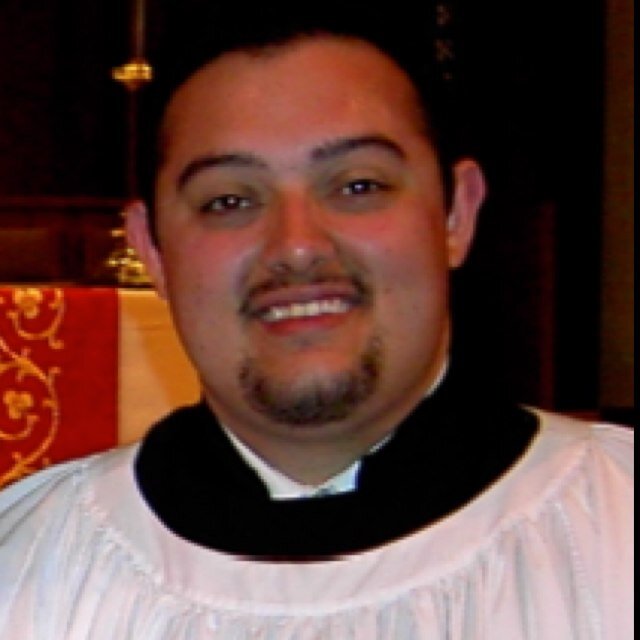
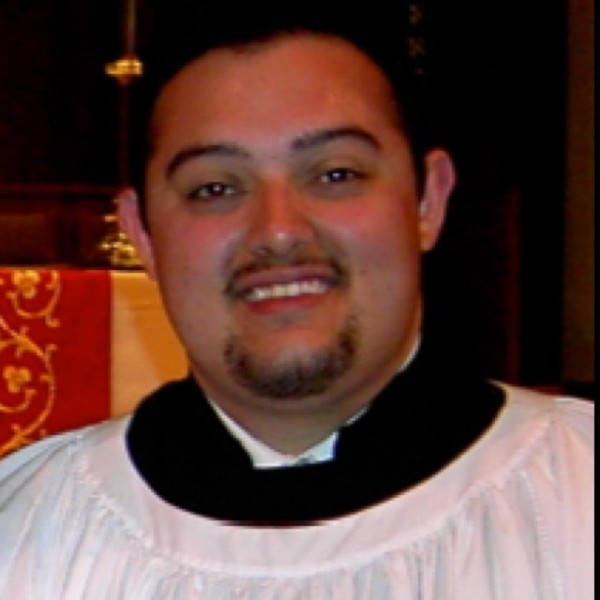


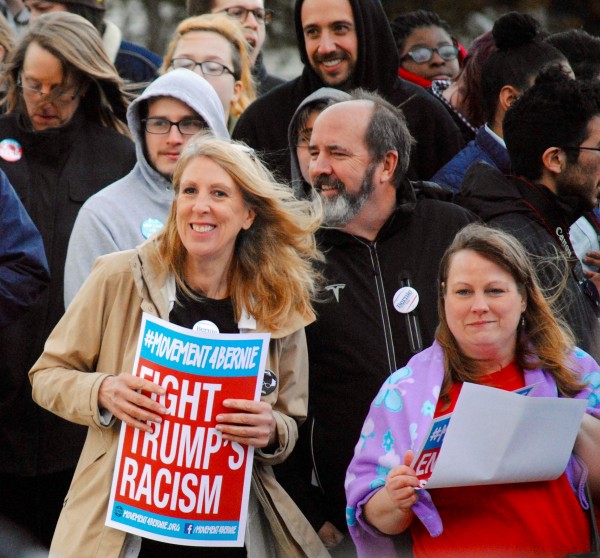 Waiting for Bernie Sanders in the press line outside Milton High School in Massachusetts ahead of Super Tuesday, I talked to Rita Colaco, a journalist from Portugal. She’s surprised that I know where Portugal is, because most Americans she talks to think her country is part of Spain, or Puerto Rico. She was at a rally for Hillary Clinton in Boston earlier in the day, and now she’s covering a rally for Sanders. She’s in the United States for four days to cover Super Tuesday.
Waiting for Bernie Sanders in the press line outside Milton High School in Massachusetts ahead of Super Tuesday, I talked to Rita Colaco, a journalist from Portugal. She’s surprised that I know where Portugal is, because most Americans she talks to think her country is part of Spain, or Puerto Rico. She was at a rally for Hillary Clinton in Boston earlier in the day, and now she’s covering a rally for Sanders. She’s in the United States for four days to cover Super Tuesday.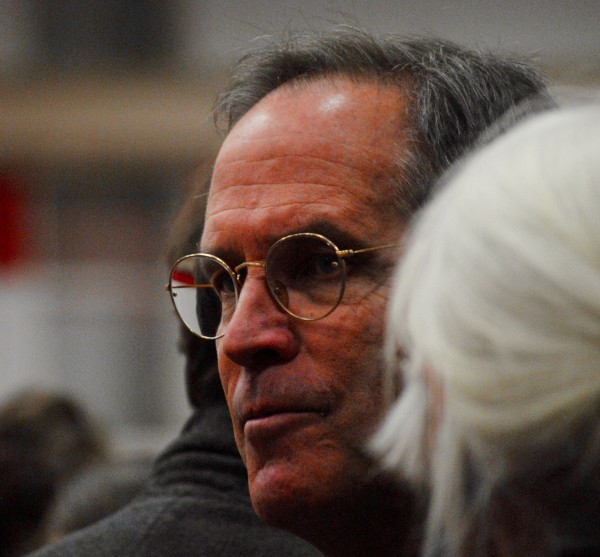
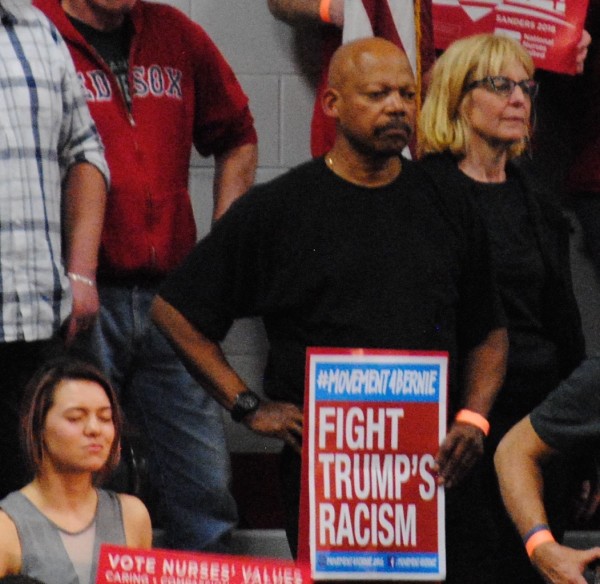 May lost two friends to pancreatic cancer years ago. They were diagnosed within weeks of each other and they died within weeks of each other. Their treatment was the same. The only difference between the two is that one friend lived in Denmark, the other in the United States.
May lost two friends to pancreatic cancer years ago. They were diagnosed within weeks of each other and they died within weeks of each other. Their treatment was the same. The only difference between the two is that one friend lived in Denmark, the other in the United States. “We can’t vote,” said the oldest, “but my Dad’s voting for Trump.”
“We can’t vote,” said the oldest, “but my Dad’s voting for Trump.”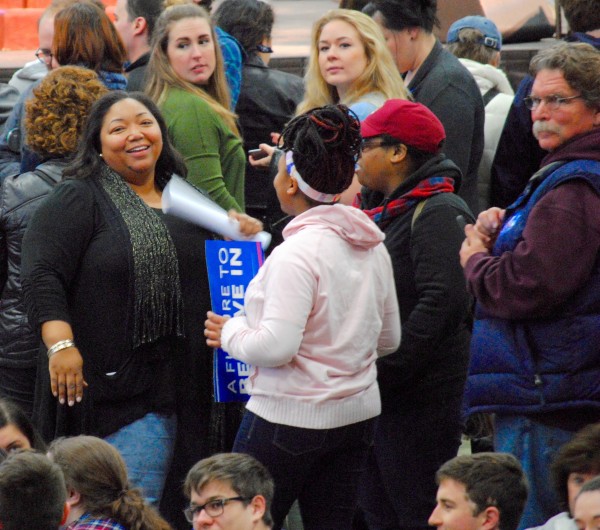
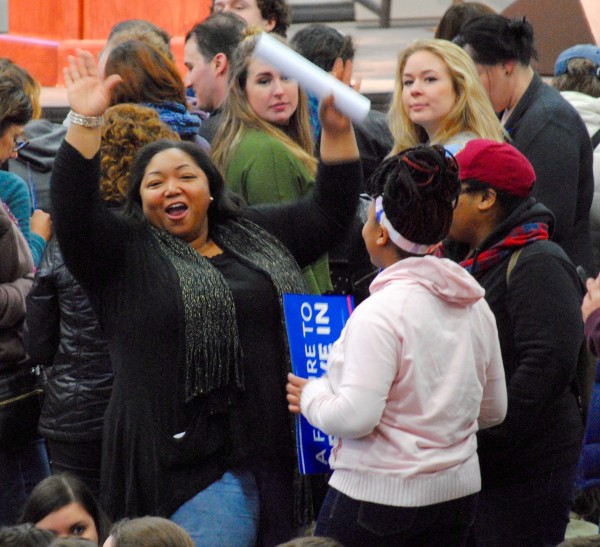
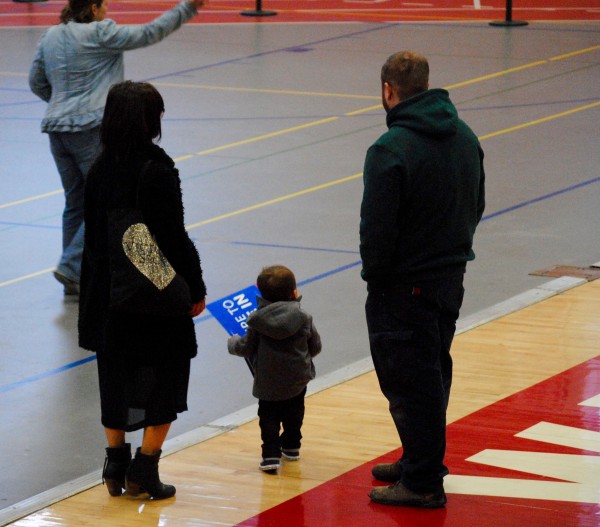
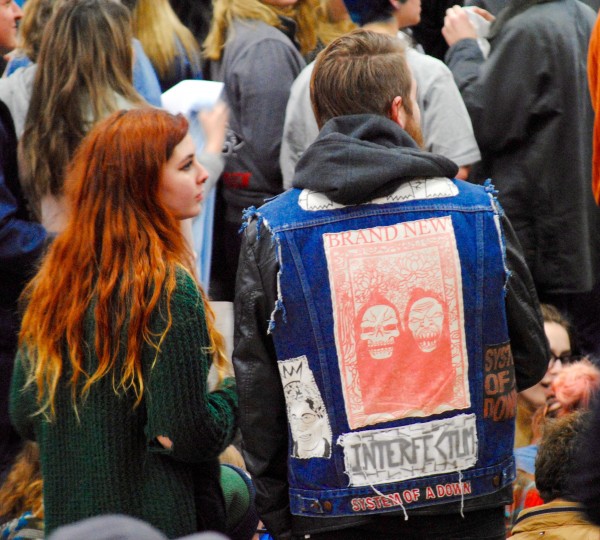
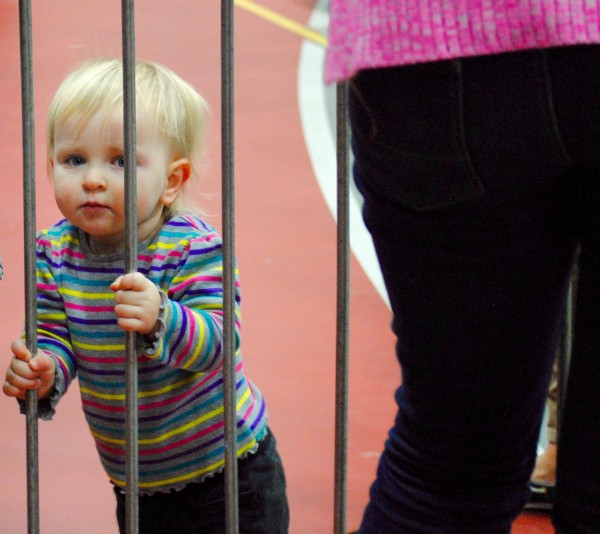

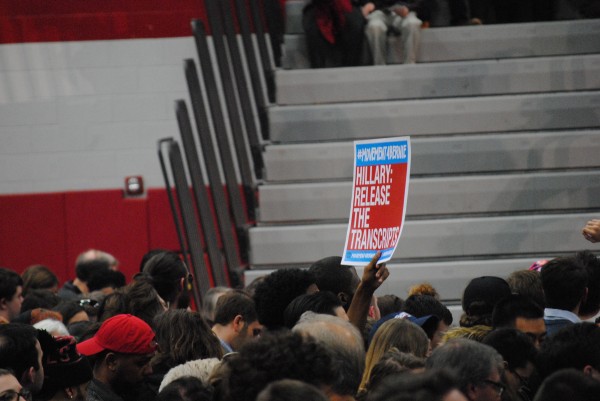
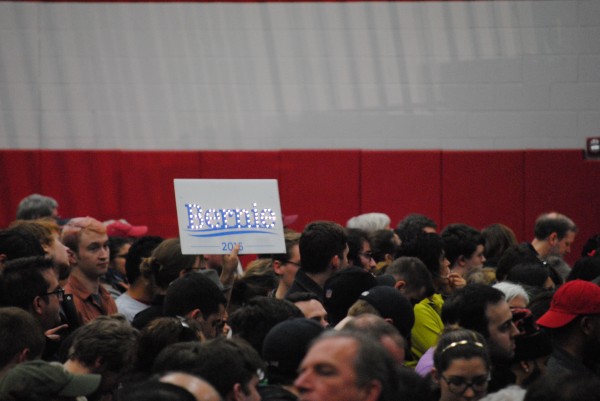
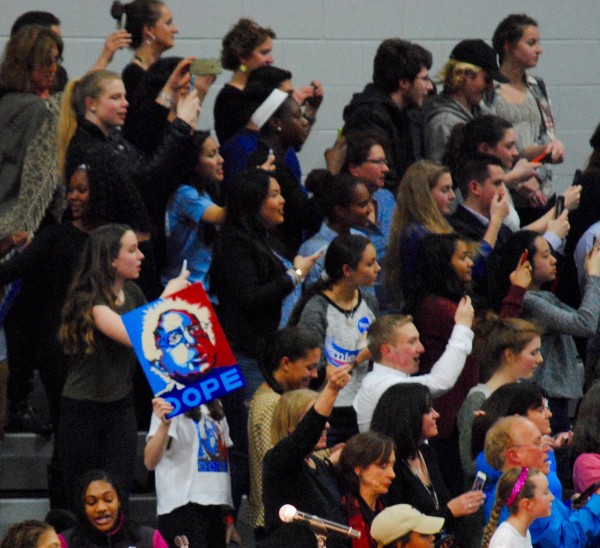
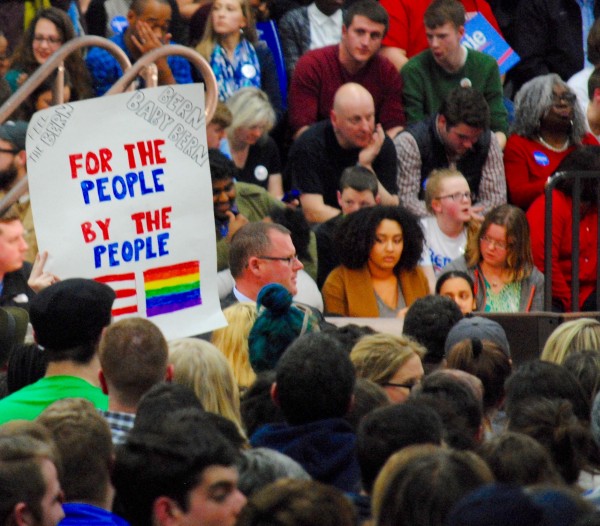

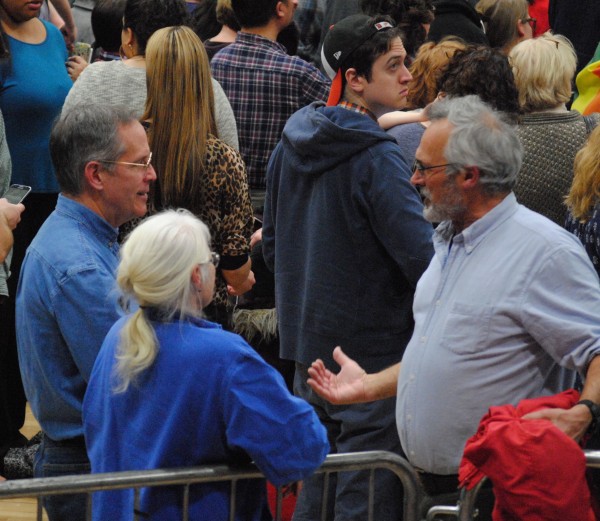

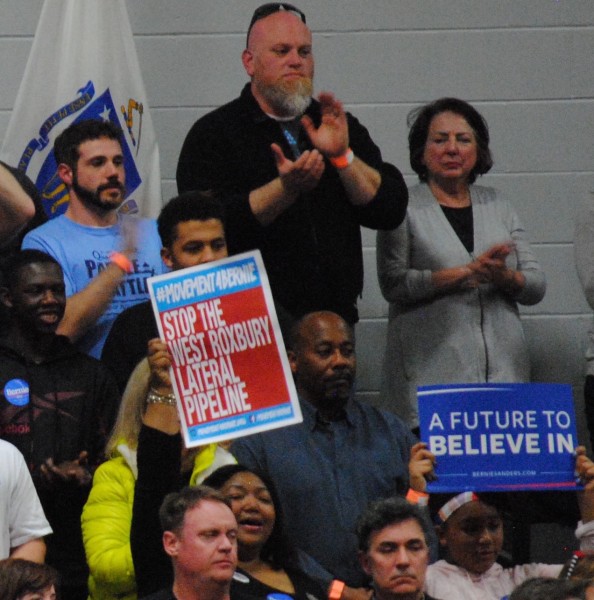











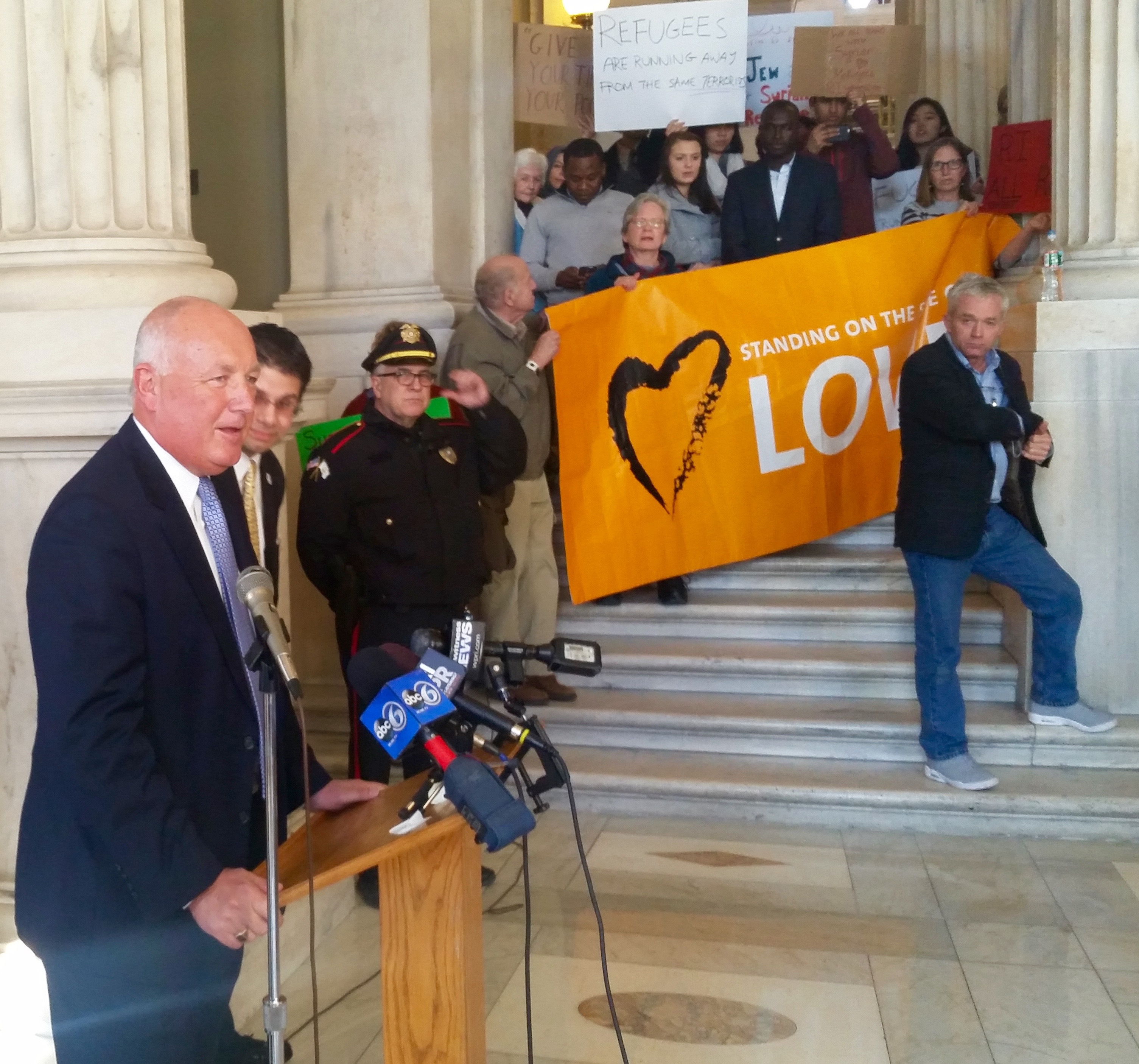

 “We don’t let people buy insurance on their way to the hospital in an ambulance,” said Donahue. I would say that having to worry about financial issues during a medical emergency is a major system failure, and further, these gaps in care for vulnerable Americans expose the weaknesses in today’s for-profit health insurance industry, of which Blue Cross & Blue Shield of Rhode Island is a big part.
“We don’t let people buy insurance on their way to the hospital in an ambulance,” said Donahue. I would say that having to worry about financial issues during a medical emergency is a major system failure, and further, these gaps in care for vulnerable Americans expose the weaknesses in today’s for-profit health insurance industry, of which Blue Cross & Blue Shield of Rhode Island is a big part.
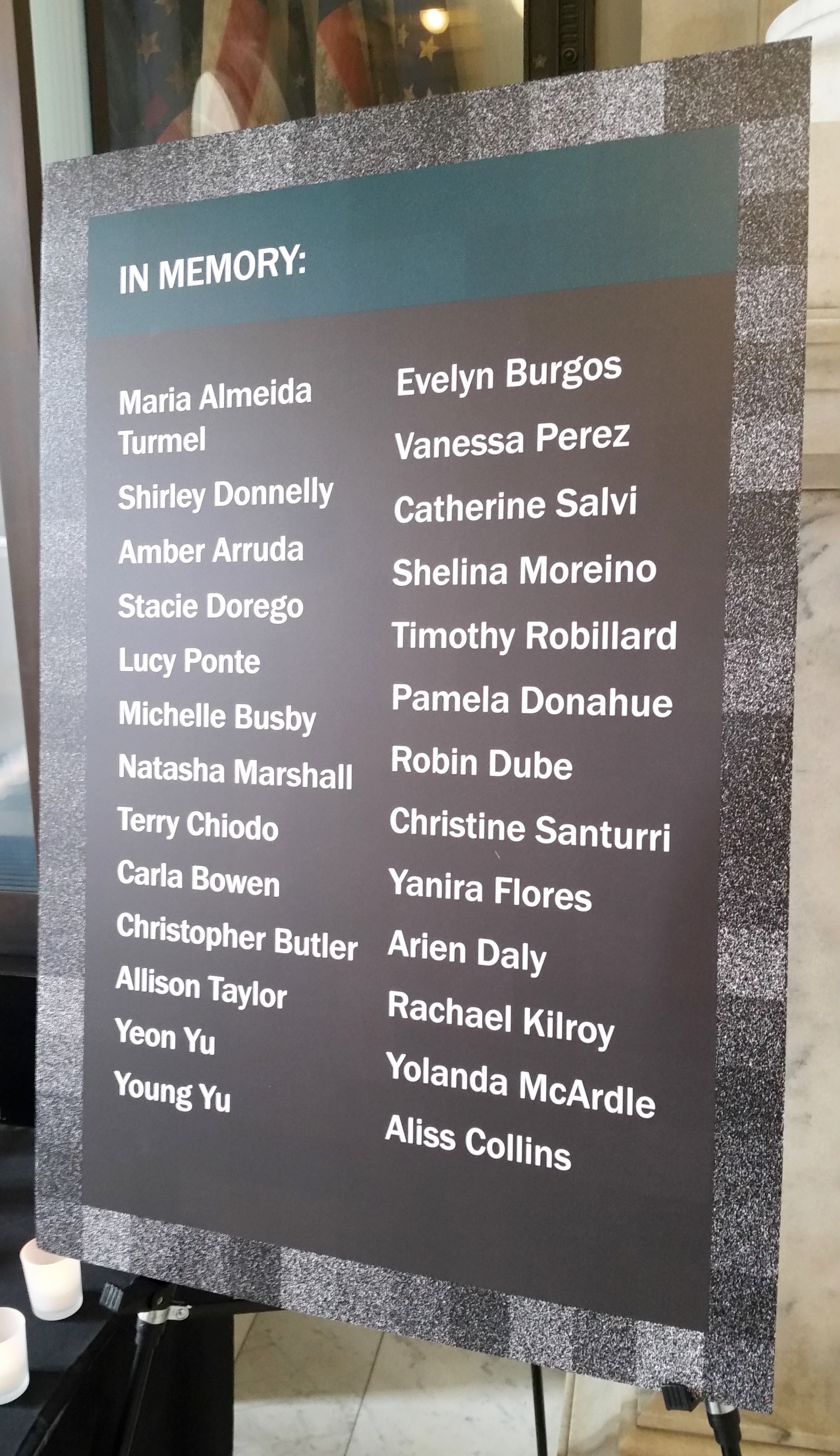
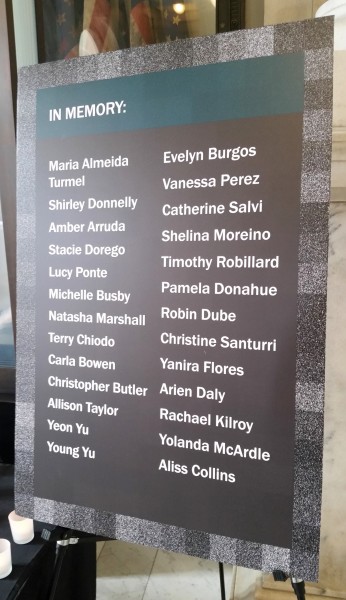 During the past ten years, from 2006 to 2015, 54 people lost their lives to domestic violence homicides in Rhode Island over the course of 48 incidents, says a new report from the Rhode Island Coalition Against Domestic Violence (RICADV).
During the past ten years, from 2006 to 2015, 54 people lost their lives to domestic violence homicides in Rhode Island over the course of 48 incidents, says a new report from the Rhode Island Coalition Against Domestic Violence (RICADV). 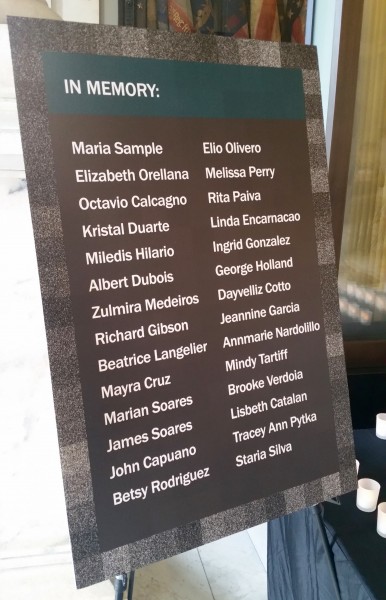 The report offers five recommendations:
The report offers five recommendations: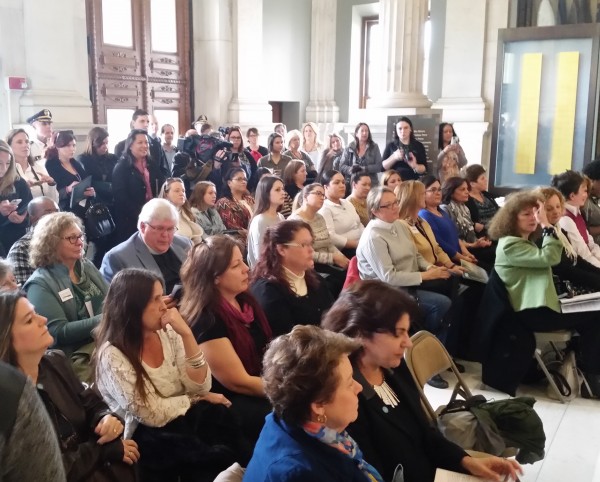
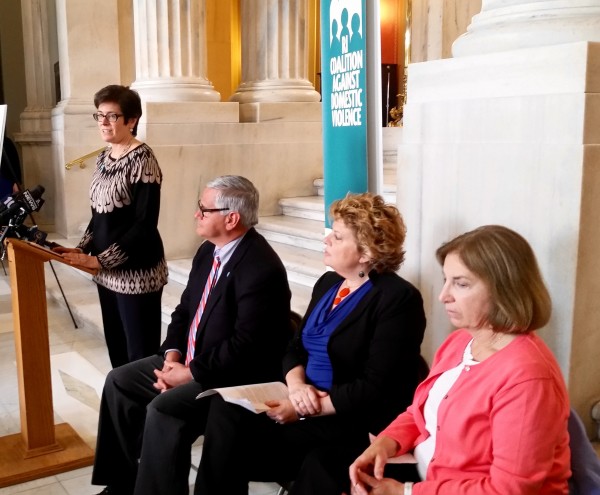




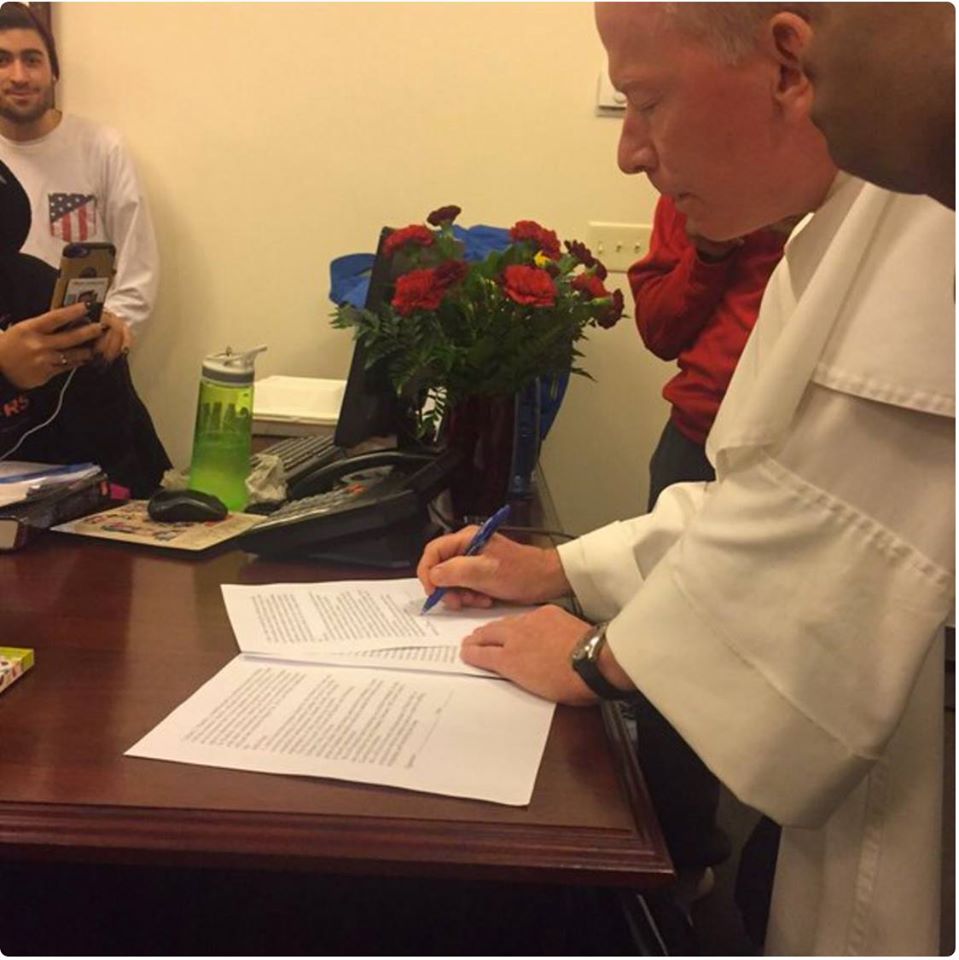
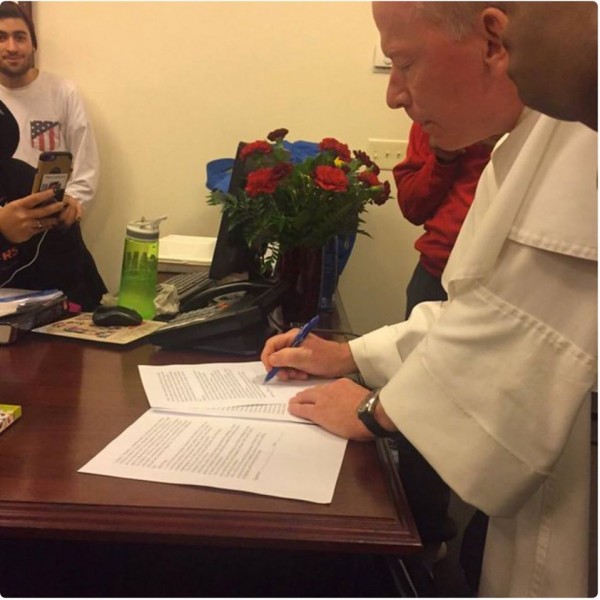
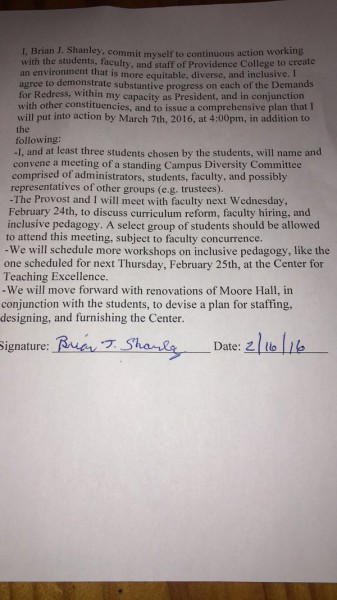
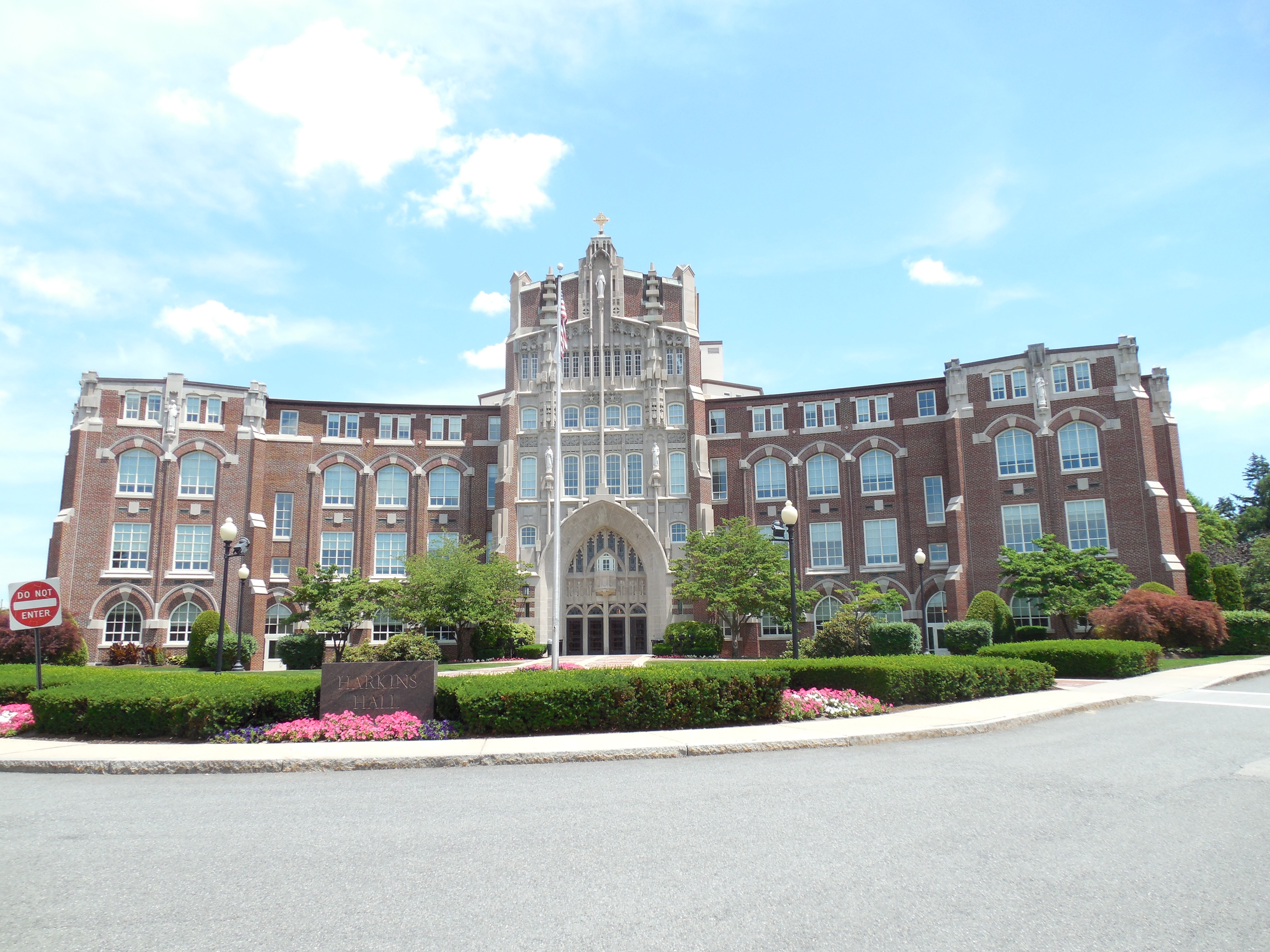
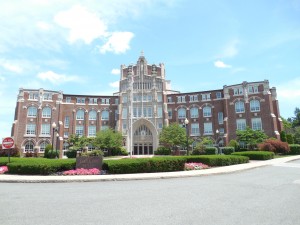 Beginning at
Beginning at 
 Several men huddled around a fire hydrant late on a recent winter night. They were workers with Providence Water, a state-regulated department of the City of Providence that provides the capital with its water supply. They were flushing the main, the large pipe that runs down the center of a street, by releasing a high velocity stream of water from the hydrant. Over time, minerals from the water build up on the walls of the pipe, tightening its aperture and reducing flow and water quality. According to the workers, these flushes have nothing to do with lead.1 Providence, the workers were quick to point out, has the second best water in the country.
Several men huddled around a fire hydrant late on a recent winter night. They were workers with Providence Water, a state-regulated department of the City of Providence that provides the capital with its water supply. They were flushing the main, the large pipe that runs down the center of a street, by releasing a high velocity stream of water from the hydrant. Over time, minerals from the water build up on the walls of the pipe, tightening its aperture and reducing flow and water quality. According to the workers, these flushes have nothing to do with lead.1 Providence, the workers were quick to point out, has the second best water in the country.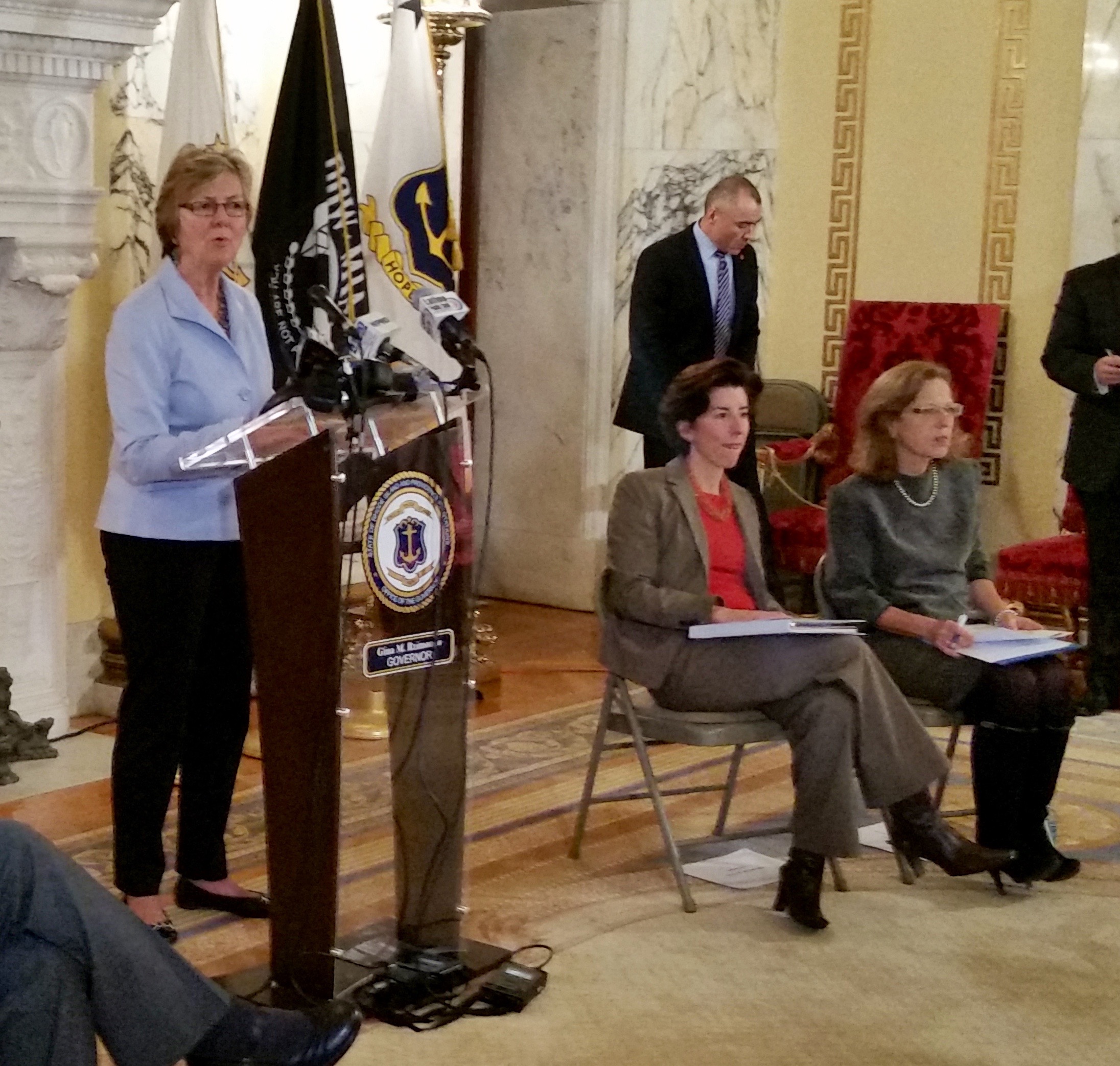
 Day One
Day One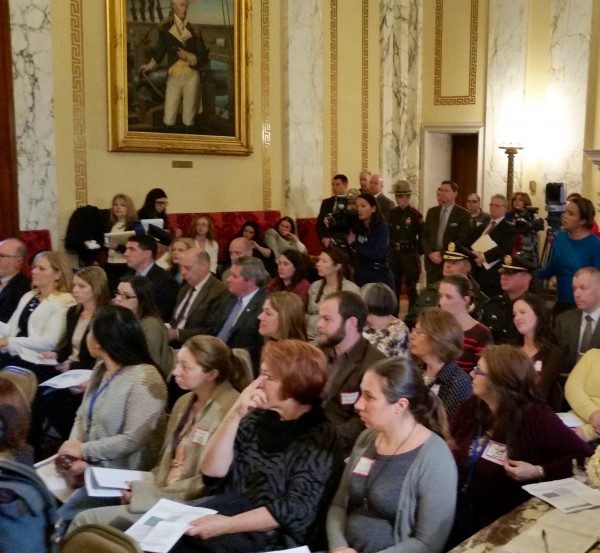 The protocols are clear that “there should be no arrest of victim for prostitution crimes.” Governor Raimondo reiterated this point when she said that children should be “treated like victims, not criminals, which is what they are.”
The protocols are clear that “there should be no arrest of victim for prostitution crimes.” Governor Raimondo reiterated this point when she said that children should be “treated like victims, not criminals, which is what they are.”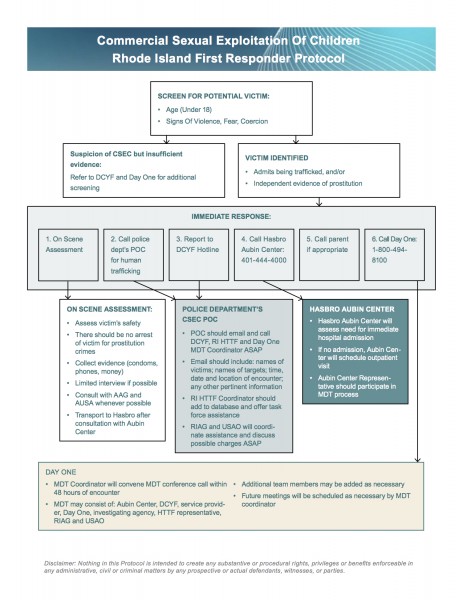
![DAYONE_CSEC[1] infographic final](http://www.rifuture.org/wp-content/uploads/DAYONE_CSEC1-infographic-final.jpg)


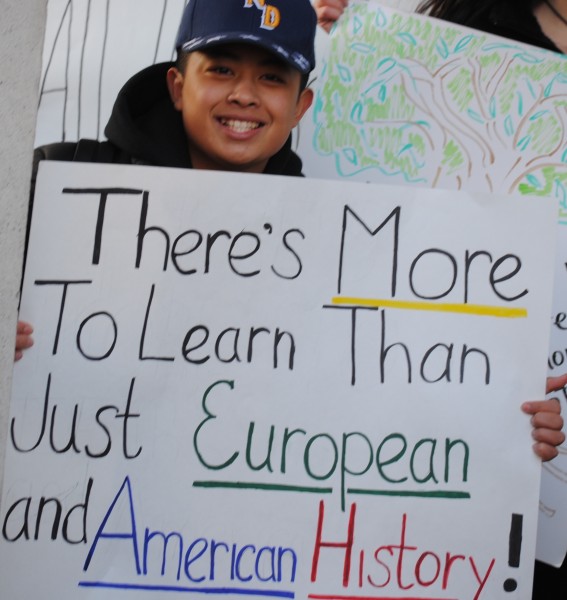 The Providence Student Union (PSU) rallied outside the Providence School Department Wednesday to demand Ethnic Study classes be taught for credit in high school. The event served as a kickoff to the PSU’s #OurHistoryMatters campaign, to counter the lack of representation of the Latino, Black, Southeast Asian, and American Indian population in the school’s classes.
The Providence Student Union (PSU) rallied outside the Providence School Department Wednesday to demand Ethnic Study classes be taught for credit in high school. The event served as a kickoff to the PSU’s #OurHistoryMatters campaign, to counter the lack of representation of the Latino, Black, Southeast Asian, and American Indian population in the school’s classes.